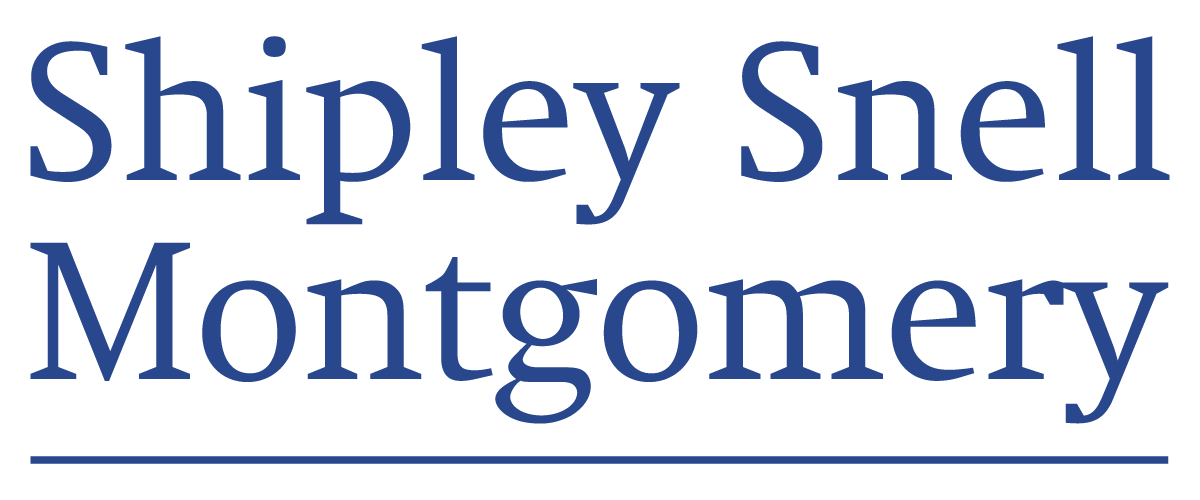Oil Producer Prevails in Trial Against Hotel Developer Over Abandoned Oil Well
In a significant ruling, the U.S. District Court for the Central District of California ruled in favor of Shipley Snell Montgomery’s client, Marathon Oil (now ConocoPhillips), after a two-week bench trial in MDR Hotels, LLC v. Marathon Oil Company, et al., C.A. No. 2:20-cv-08008-FLA (JPRx).
MDR, a hotel developer, leased property in Los Angeles and constructed a hotel atop an abandoned oil well originally drilled by Marathon in 1931. Marathon abandoned the well in the 1940s and transferred it to co-defendant Dow Chemical, which converted the well for brine extraction and iodine recovery before plugging and abandoning it in the 1950s. The County of Los Angeles subsequently re-abandoned the well in 1958, and it remained undisturbed for decades. The well’s complete history was documented in a publicly available “well file” maintained by the California Division of Oil, Gas, and Geothermal Resources—now known as the California Geologic Energy Management Division (CalGEM).
As part of MDR’s hotel development, CalGEM required MDR to re-abandon the well to meet current standards. During that process, MDR and its contractors caused a blowout in 2019. MDR also planned to build an underground parking garage and elected to excavate and dispose of the onsite soil. Despite possessing environmental reports showing some level of soil contamination, MDR’s construction plan assumed that all soil could be disposed of as clean “unrestricted fill.” When contractors encountered contaminated soil that was rejected by the landfill, MDR was forced to dispose of it at a facility that accepts non-hazardous contaminated material.
MDR sued Marathon and Dow under California tort theories of nuisance and trespass, seeking over $65 million in damages for alleged harm stemming from the historic oil operations.
The Court ruled entirely in favor of Marathon and Dow, finding they were entitled to statutory immunity under Section 3482 of the California Civil Code, which provides
immunity for actions taken in accordance with government approval or authority. Williams v. Moulton Niguel Water Dist., 22 Cal. App. 5th 1198, 1205 (2018). Specifically, the Court found that both Marathon and Dow:
1. Disclosed their proposed operations to CalGEM;
2. Received CalGEM’s approval for the work;
3. Conducted operations under CalGEM’s observation;
4. Submitted reports to CalGEM afterward; and
5. Obtained CalGEM’s final written approval of the abandonment.
The Court also held that MDR’s claims were barred by the doctrine of intervening superseding cause, finding that MDR and its contractors’ own conduct were substantial factors in causing the 2019 blowout. Additionally, the Court held that MDR failed to prove that Marathon or Dow’s historic operations were substantial factors in the soil contamination that led to the landfill’s rejection of the material as unrestricted fill.
The Marathon trial team included Shipley Snell Montgomery attorneys George Shipley, Alex Rodriguez, and Kaitlyn Dawson, as well as Bright and Brown attorneys Maureen Bright and MacKenzie Hunt.

